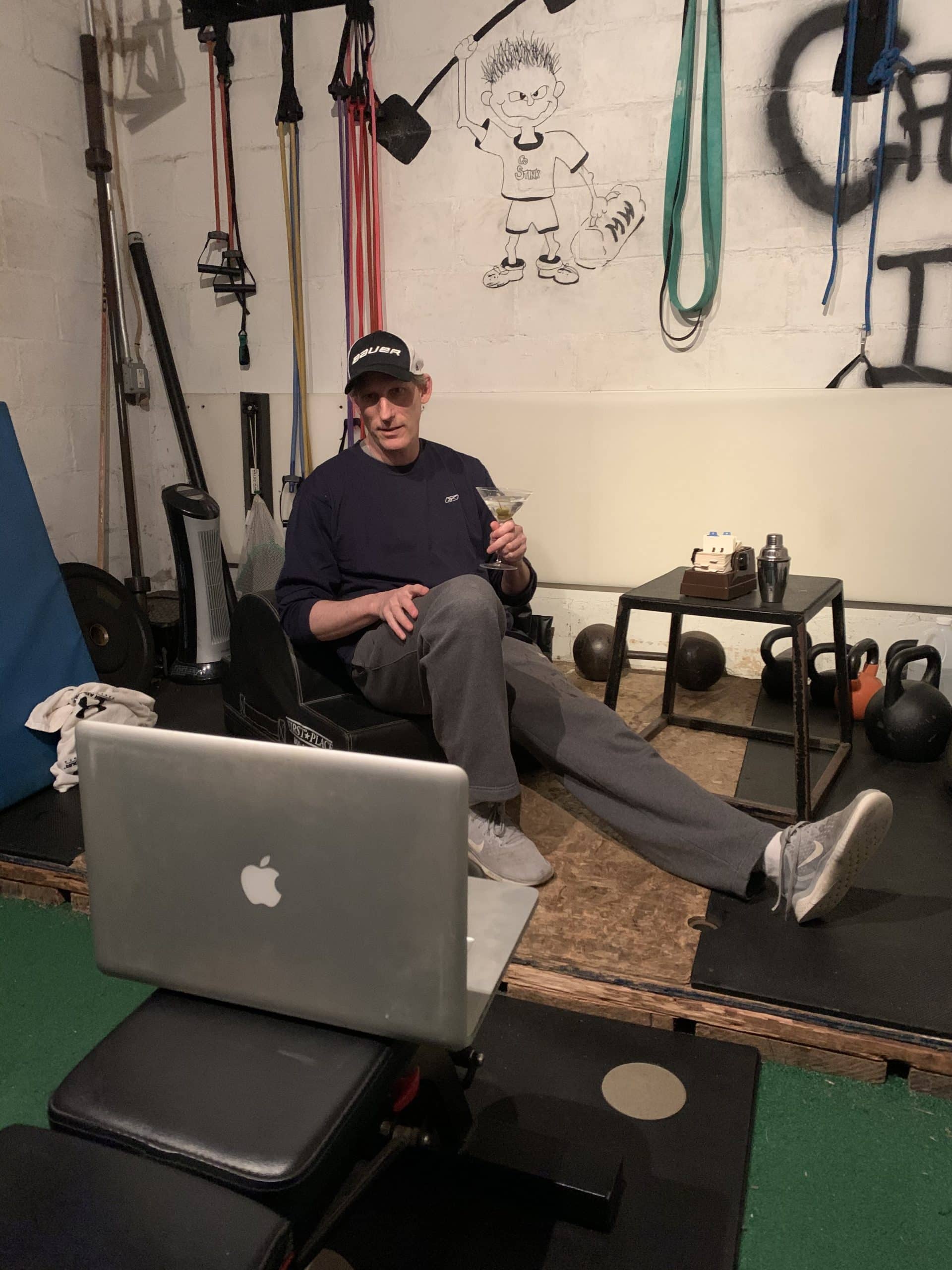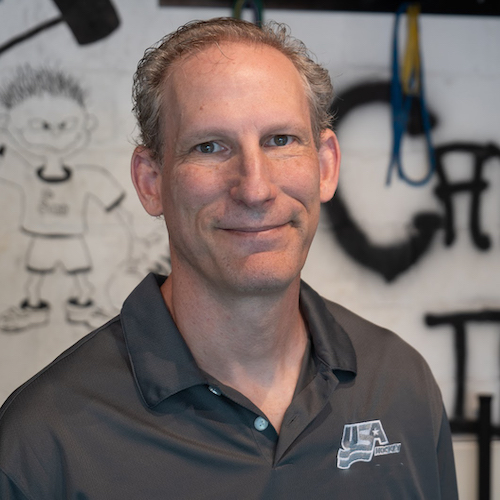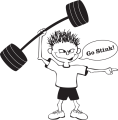Functional Fitness: There are no bad personal trainers, just bad students ... yeah, right

Originally published in South Coast Today.
A long time ago in a gym far, far away when I was cutting my teeth in the fitness industry, most people were unfamiliar with the job title of personal trainer. Thanks to the Madonnas and the Oprahs of the world, everybody now knows about personal trainers.
While the privilege of having a personal trainer was once reserved for the rich and famous, nowadays regular folk are enjoying the services of these, dare I say, health practitioners. And when these average Joes and Joannes ask for my advice on the dos and don’ts of finding the right trainer, I usually tell them, “You should train with me.” The typical response is “Thanks but we’re really just looking for a sensible vetting process to retain someone other than yourself.”
Every profession has its share of the good, the bad, and the downright incompetent. There’s an old George Carlin joke that went something like: “There’s always a doctor who graduates last in his class, and there’s always someone who has an appointment with him the next day.”
There are different schools of thought on whether to hire based on credentials or reputation. Why not hedge your bet and use both? Exercise instruction isn’t anything new, but the professionalization and commercialization of the exercise field is relatively new. Like any young field there are some typical growing pains, particularly in the areas of regulation and quality control.
There are no shared standards amid personal trainers. There are so many different certifications for the position of personal trainer that it’s nearly impossible to figure out the exact number, though frightened speculators have estimated somewhere in the neighborhood of 300. These range from organizations that are nationally accredited as certifying agencies to one-day seminars that rubber-stamp certifications.
These days everyone has initials after their name, so make sure those letters are associated with a reputable organization, preferably one that’s nationally accredited.
Here are a few of the more creditable certifying entities; this abridged list by no means covers all of the legitimate certified personal trainers working in the fitness industry: NSCA, ACSM, ACE, and NASM. Many colleges now offer curriculums that turn out students for careers in exercise, both in clinical and commercial settings.
When perusing a résumé it’s never a bad idea to look at education, though it’s not uncommon to have people working in this field without undergrad backgrounds in exercise. While a strong academic background is a plus, I feel obliged to mention that I’ve got some of my best weight-room advice from old-timey weightlifters who never took an exercise science class.
Don’t get too caught up in a trainer’s client list. Having big names on your roster seems noteworthy, but it’s usually not a true appraisal of a trainer’s success rate because for every Olympic medalist, they have 100 washouts that you didn’t hear about.
References are probably your most important tool in hiring a personal trainer. Don’t rely on written testimonials from strangers; talk to people who have actually worked with your prospective trainer. If you have a friend who wanted to lose weight or get stronger or increase their endurance, and they in fact realized their fitness goals through working with a certain trainer, it’s truly a valid endorsement.
This is a results-based undertaking and so you should go with someone with a proven track record. The exercise field is becoming more and more specialized, and there are trainers who possess backgrounds that are especially strong in working with a particular population. You should shop around for a personal trainer who has proven his or her worth amongst the category of trainee to which you belong.
The instructor/student relationship can definitely influence the overall experience and so personality and teaching style should also be considered when hiring a fitness professional.
Some people feel more comfortable working with a female, others with a male. Some people like getting yelled at by the drill-sergeant type, while others prefer a nurturing teaching style.
As a strength coach I’ve done my better work with people whom I’ve clicked with. It may be a difficult thing to predict, but try to find someone who seems like a good fit. And finally, if you’re the suing type, make sure your trainer has liability insurance.

Norm Meltzer aka The Muscle-less Wonder
